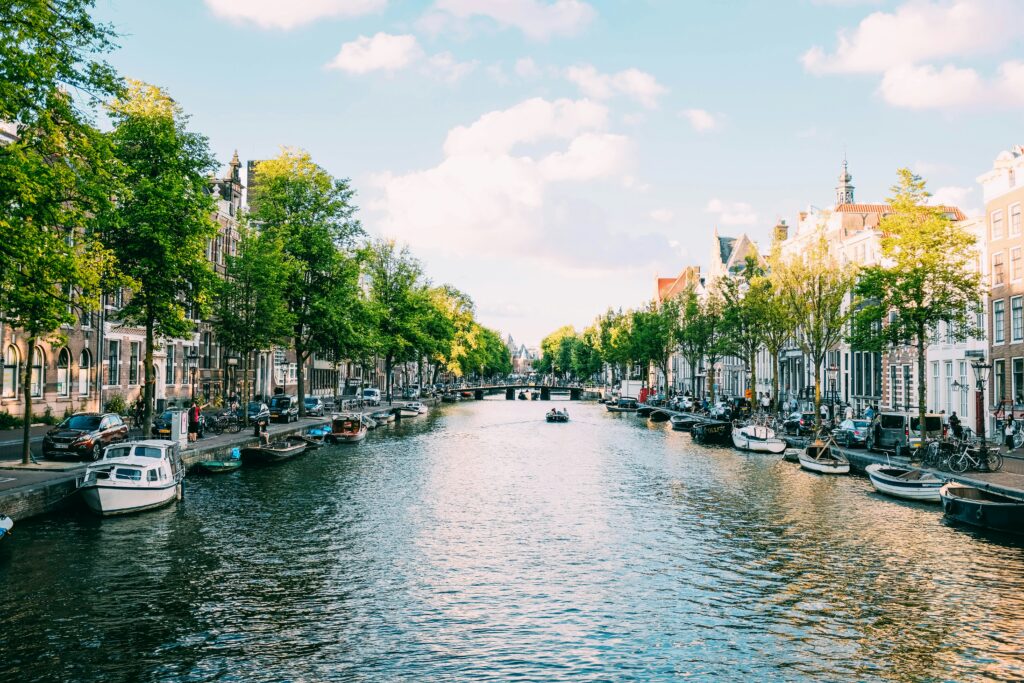The Netherlands has announced plans to return 119 Benin Bronzes to Nigeria. These artifacts, taken during the colonial period, have been kept in Dutch museums for years. The decision reflects a growing movement to return looted cultural heritage to its rightful owners.
The History of the Benin Bronzes
The Benin Bronzes are a collection of metal plaques and sculptures that once decorated the royal palace of the Kingdom of Benin. Artists created them between the 14th and 16th centuries. These artifacts, made of brass and bronze, depict important figures, historical events, and aspects of court life. They hold deep cultural and historical significance for Nigeria.
In 1897, British forces invaded the Kingdom of Benin, located in present-day Nigeria. The soldiers looted thousands of these artifacts during the Benin Expedition, taking them back to Britain. Many pieces were sold to museums and private collectors across Europe and the United States.
Today, around 200 of these artifacts are in the British Museum. Others are spread across institutions in Germany, the United States, and the Netherlands. The Dutch museums, mainly in Leiden, held 119 pieces, which they have now agreed to return.
A Major Step Toward Restitution
The Dutch government has decided to hand over its collection to Nigeria’s National Commission for Museums and Monuments. This marks one of the largest single returns of looted Benin artifacts. The move follows a global push for the restitution of cultural objects taken during colonial rule.
Olugible Holloway, the director of Nigeria’s museum commission, traveled to the Netherlands to sign the official transfer agreement. The signing ceremony took place at the Museum Volkenkunde in Leiden.
“We are grateful for this decision and hope it encourages other countries to return looted cultural treasures,” Holloway said.
Nigeria has been actively requesting the return of artifacts for years. In 2022, a London museum returned 72 Benin Bronzes, while a museum in Rhode Island sent back 31. The Netherlands’ decision follows recommendations from a special committee that reviews claims for the return of museum objects. This marks the fifth time Dutch museums have returned cultural artifacts based on the committee’s advice.
Dutch Minister of Culture and Education, Eppo Bruins, stressed the importance of preserving a country’s heritage.
“Artifacts are more than just objects. They hold the history and identity of a nation,” he said. “Returning the Benin Bronzes to Nigeria is the right thing to do.”
Growing Global Pressure for Artifact Restitution
The return of the Benin Bronzes is part of a larger effort to address colonial-era injustices. Many countries are re-examining how their museums acquired historical artifacts. The Netherlands is reviewing claims from Sri Lanka, India, and Indonesia. In 2023, Dutch museums returned hundreds of objects to Indonesia and Sri Lanka, acknowledging their colonial past.
Germany has also made efforts to return looted artifacts. In 2022, it signed an agreement with Nigeria to transfer ownership of more than 1,100 Benin Bronzes. France has repatriated some African artifacts as well, with more discussions ongoing.
However, restitution efforts remain controversial in some nations. The British Museum holds over 900 Benin Bronzes and has not yet agreed to return them permanently. Museum officials have had discussions with Nigerian authorities, but no formal deals have been made.
A scandal in 2023, in which several artifacts were stolen from the British Museum, has added pressure on the institution. Some Nigerian officials have pointed out the irony of Western museums questioning Nigeria’s ability to protect its artifacts while failing to safeguard their own collections.
“It is surprising that museums that refused to return looted artifacts over security concerns have lost important items themselves,” said Abba Isa Tijani, head of Nigeria’s museum commission.
The United Kingdom’s stance on restitution remains complex. While Prime Minister Keir Starmer has expressed openness to returning the Elgin Marbles to Greece, the British Museum has continued to resist major artifact repatriations.
A Step in the Right Direction
The decision by the Netherlands marks real progress in addressing historical wrongs. It recognizes the importance of cultural heritage and the need to restore these artifacts to their original communities.
Many Nigerians hope this move will encourage more countries to follow suit. Whether institutions like the British Museum will change their stance remains to be seen. For now, Nigeria is celebrating the return of an important part of its history.
For more updates on financial and cultural developments, visit Financial Mirror.
